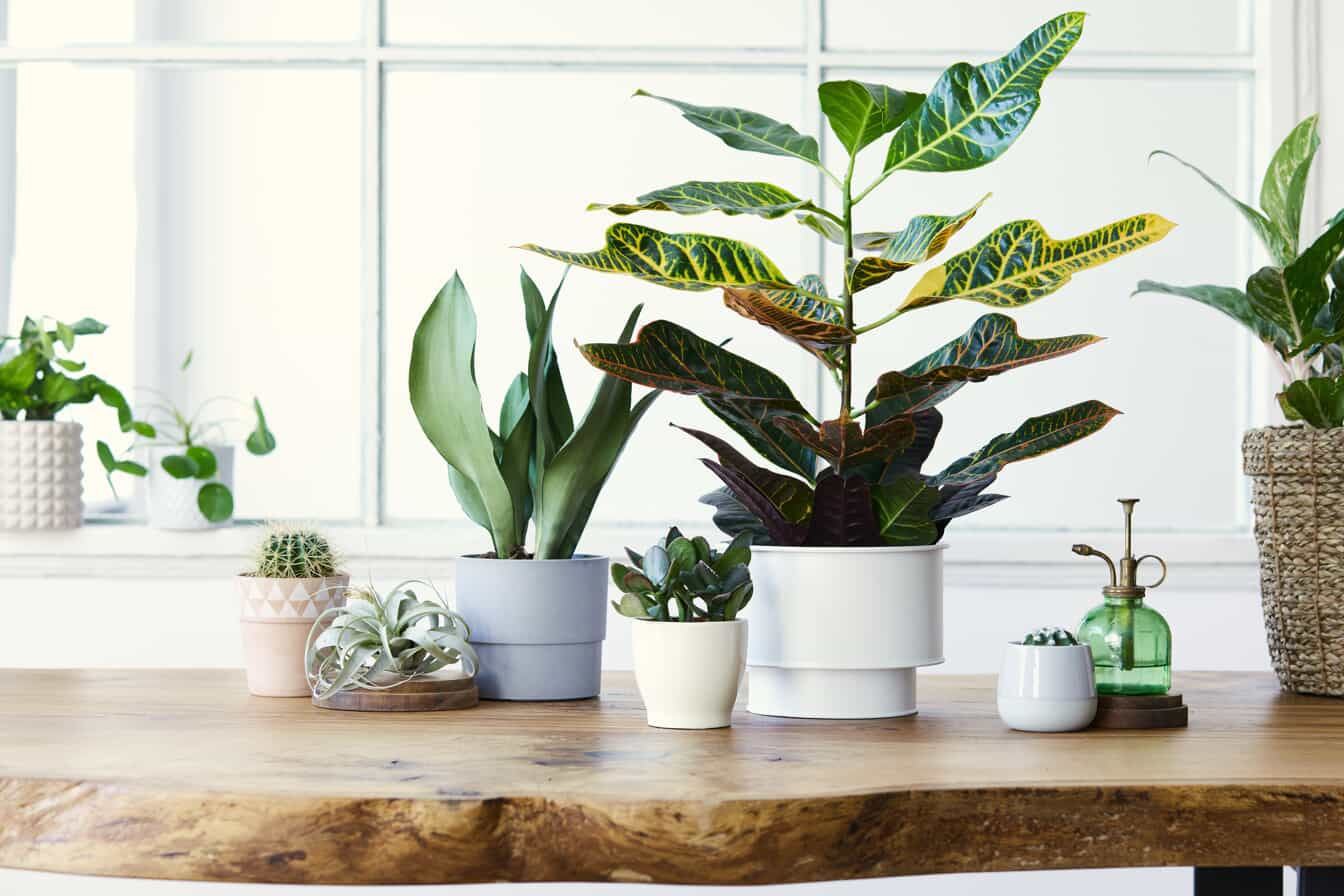Dont Mix These Household Cleaners
Many people have made the shift to DIY cleaning solutions because they want to use household cleaning products that are green and natural. However, some may be under the impression that as long as they’re using all-natural cleaners, it’s OK to mix and match all of their cleaning solutions.
It’s not. All cleaners consist of chemicals and some combinations can be extremely hazardous to your health.
Whether you’re into green household cleaning products or not, certain cleaners should never be mixed with each other.
Ammonia and Bleach
Ammonia and bleach are two common household cleaning products that should never be combined, according to the New Jersey Department of Health and Senior Services. When mixed, they produce toxic gases called “chloramines.” These gases can have many effects, including coughing, shortness of breath, chest pain, nausea, irritation to the eyes, nose and throat, and — in some cases — severe lung damage, pneumonia or fluid in the lungs.Vinegar and Bleach
If you’re like most people, vinegar is a key player in your lineup of household cleaning products. However, vinegar is an acid. When mixing chemicals, combining bleach with an acid gives you toxic chlorine gas. Exposure to even low levels of chlorine gas can result in eye, nose and throat irritation, coughing, breathing problems and chest pain or pneumonia. And exposure to high levels of this gas can be fatal.Bleach and Rubbing Alcohol
When combined, bleach and rubbing alcohol create chloroform and hydrochloric acid. As you probably know, chloroform is the chemical compound that spies and kidnappers put on rags to knock their victims out on television and in the movies. While you probably won’t anesthetize yourself, you will be at risk of irritating your eyes, respiratory system and skin. You could also damage your central nervous system, as well as many other organ systems. In addition, chloroform can be absorbed through the skin.Hydrogen Peroxide and Vinegar
While both are touted as being powerful household cleaning products, hydrogen peroxide and vinegar don’t play well with one another. The combination of the two causes a chemical reaction that creates peracetic acid. It’s true that peracetic acid is sometimes used as a disinfectant in medical offices and on food processing equipment. However, it’s used in regulated amounts and concentrations in these scenarios. Combining these two common cleaners at home can result in irritation to the skin, eyes and upper respiratory system, according to the Centers for Disease Control and Prevention (CDC). In cases of high exposure, you could even be at risk of permanent lung damage.Clearly, attempting to strengthen common household cleaning products with bleach is a bad idea that can result in some very hazardous situations. In fact, it’s a good rule of thumb to only mix bleach with water. And even if when not using bleach, mixing chemicals — including green cleaners — is a bad idea unless you’re absolutely certain you won’t create a dangerous reaction.
In the long run, it’s better to be safe than sorry. If you’re curious about whether you can mix household cleaning products, call the information number on the side of the bottles to ask the manufacturers for their recommendation.








.2004161450550.jpg)




